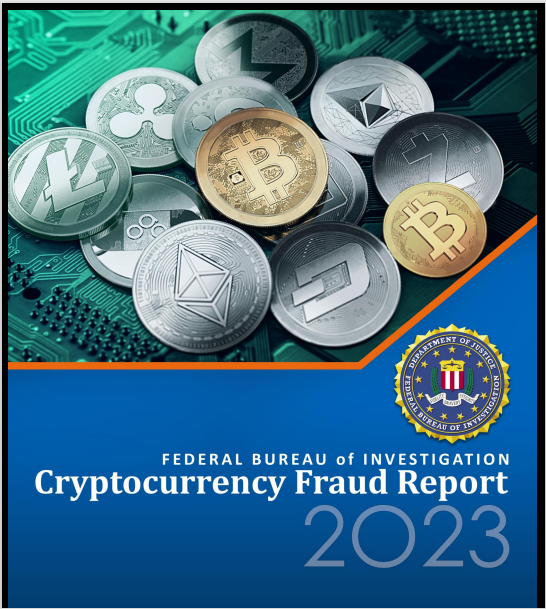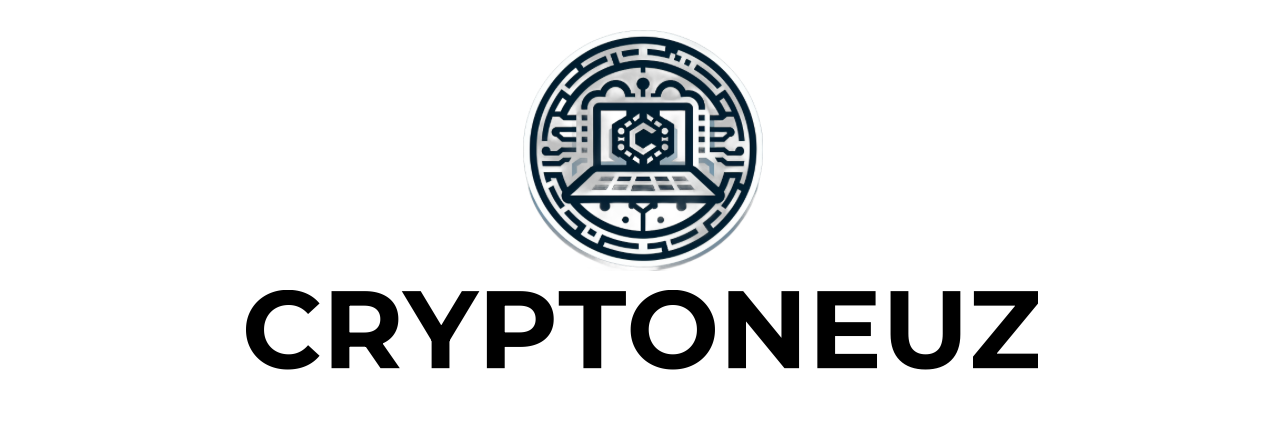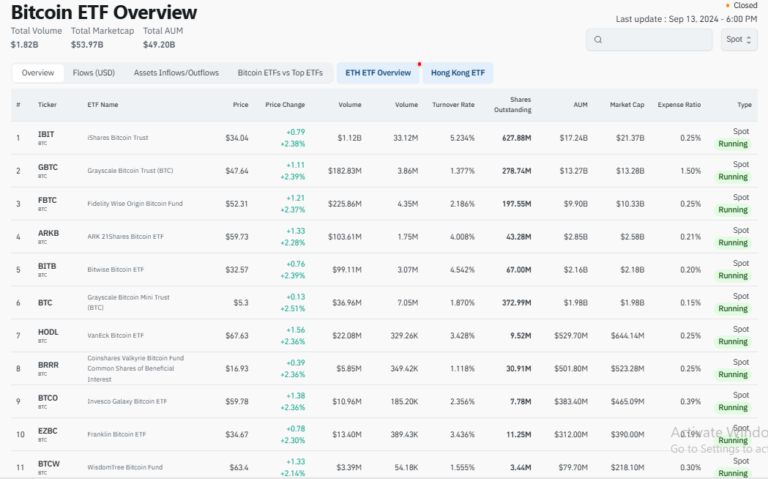Cryptocurrency Regulation Tightens in China as El Salvador Celebrate 3 years Bitcoin Adoption
Cryptocurrency Regulation Hits Up Again Despite El Salvador Celebrations 
The year 2024 has witnessed several high-profile cases between authorities and emblems of the cryptocurrency world. Binance founder and former CEO, Changpeng Zhao CZ was sentenced to four months prison time for money laundry charges. Binance was fined $4.3 billion for their involvement while CZ was forced to step down as CEO and hit with $50 million fine.
Two Binance executives were also charged in Nigeria with tax evasion and money laundry. Head of financial compliance Tigran Gambarian is still in custody awaiting trial.
Pavel Durov was also charged with failure to regulate his Telegram platform by the French authorities. His conditional bail has meant he is restricted from travelling out of France before a verdict is reached.
Authorities have pointed at the rise in illegal activities in the crypto world as reason for the clamp down and tightening of regulations.
The Anhui police in China last Friday, cracked down on money laundry gangs that used cryptocurrency exchanges for their illegal activities.
The suspects arrested used sophisticated software to conceal illegal financial transactions using legitimate investment front. Activities were carried out through bank accounts and third-party payment platforms till illegally obtained funds are made to disappear without a trace.
Cryptocurrency Regulation in China

The Federal Bureau of Investigation FBI earlier today announced a 45% increase in crypto fraud in 2023 from 2022. The report revealed a $5.6 billion loss from about 69,468 cryptocurrency related complaints.
The growing trend of cryptocurrency crime has prompted a collaboration in China between the Xuhui District Procuratorate and the Xuhui District Public Security Bureau in signing ‘Guidelines for the Standardization of the Disposal of Virtual Currency Involved in Criminal Litigation.’
These newly signed principles focus on cyber-related crimes involving artificial intelligence, big data, blockchain, and digital assets. Aiming towards being a center for collaborative case handling and knowledge sharing in order to develop effective rules.
Welcomed Adoption of Cryptocurrency in El Salvador Despite Growing Fraudulent Challenges

El Salvador, on the 7th of September 2021, became the first country to adopt bitcoin as legal tender. Making way for a daily transactional currency option in the country.
On Saturday, El Salvador celebrated her 3 years of bitcoin adoption as legal tender with over $31 million in profit in its wallet.
With a adoption strategy of 1 bitcoin daily since 2021, El Salvador has accumulated a total of 5,865 bitcoin which is worth more than $318 million, at an average buying price of $43,877 per BTC. The price of bitcoin as of September 7, 10:55am UTC was $54,300. Marking a significant profit margin on the third year since its adoption as legal tender in the country.
Founder and CEO of crypto trading platform Peanut Trade, Alex Momot, describes the decision as historic. Stating in an interview with cointelegraph, “El Salvador’s bitcoin experiment can be considered a success. The country has acted as a pioneer by taking risks and trying something radically new. While it is too early to say whether all aspects of the reform have been successful, it is clear that El Salvador has reaped some benefits,”
Regulatory Note
The structural set up of the crypto world and regulatory framework in place to reduce illegal activities in the crypto space have proven to be quite complex in merging both components together.
While it is important to reduce illegal activities on these platforms, a more welcoming guideline need to be introduced to fit the cryptocurrency concept for what it is as a digital currency. Taking into account, the pace it offers for digital and technological progression, as well as the solution it offers due to the seemless innovative approach it enjoys, away from the rigidly regulated fiat world.
An ideation that will recognize the fundamental differences between both worlds is needed, before a more successful regulated approach that will model the crypto space is implemented. This will unify the goals of both worlds towards a more secure network against fraudulent activities.






